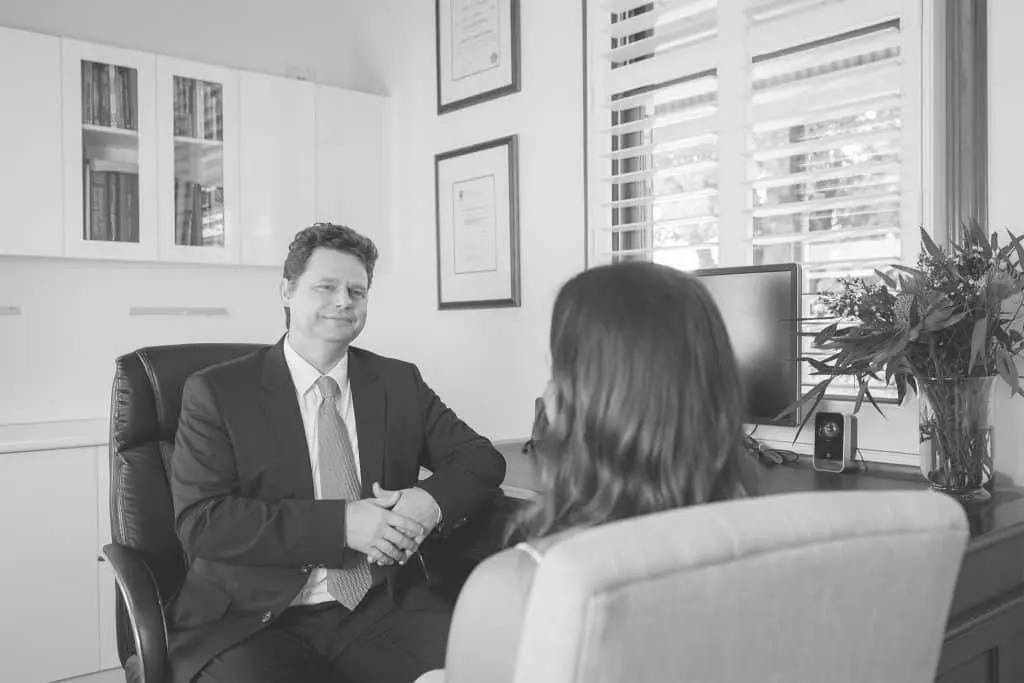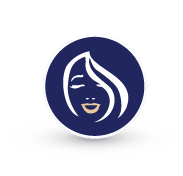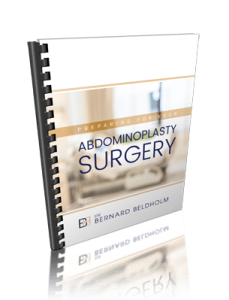Dr Beldholm, FRACS is a specialist surgeon who performs body contouring surgery.
Book Online NowDr Bernard Beldholm (MED0001186274) M.B.B.S B.Sc (Med) FRACS, is a Registered medical practitioner, Specialist surgeon (specialist registration in Surgery – general surgery).
Step 1: Consultation
Body contouring surgery after pregnancy or weight loss is a big decision. Dr Beldholm will set aside time to discuss all your questions and concerns. He will examine the areas you wish to treat and let you know if you are a candidate for surgery. His informative consultation comes with no obligation.
Book Online NowStep 2: Create a Plan
If you and Dr Beldholm decide that surgery is right for you, he will create a surgical plan for your goals. He will take the time to get to know you so he can create a treatment plan tailored to your unique needs.
Book Online Now
Step 3: Have Surgery
On surgery day, Dr Beldholm will perform the operation and walk you through what to expect as you heal. Our team is there for you every step of the way until you make a complete recovery and see your results.
Book Online NowProudly serving Hunter Valley & Newcastle.
Experience highly personalised care in a private, peaceful setting. Services include Body contouring surgery of the abdomen, arms, thighs, breasts, and face.
Dr Bernard Beldholm
With more than 14 years of experience as a FRACS surgeon, Dr Bernard Beldholm M.B.B.S, B.SC (Med), FRACS is passionate about helping patients reshape their bodies after pregnancy or major weight loss. He has performed more than 10,000 procedures during his medical career as a specialist surgeon. He stays at the forefront of science and technology to offer his patients a variety of face and body procedures performed with ethics and results in mind. Always excited to share the latest innovations in body contouring, his YouTube channel has amassed more than 10,000 subscribers. With multiple TV guest appearances and numerous scientific journal articles, his goal is to educate patients on their options so they can make an informed choice of whether to have surgery. Dr Beldholm strives to operate with sincerity, respect, and integrity throughout the process.
Book Online NowIs elective surgery right for you?
For patients with loose skin on their abdomen, breasts, arms, or thighs, body contouring may be an option. With Dr Beldholm, you can discuss your areas of concern, medical history, and goals to determine if body contouring procedures such as an Abdominoplasty, Brachioplasty, or cosmetic breastwork suit your needs.
Types of Body Contouring Surgery
Dr Beldholm strives to help his patients achieve their goals through body contouring surgery. He has spent considerable time and energy learning the latest surgical techniques, such as VASER liposuction and liposuction-based abdominoplasties. He frequently performs abdominoplasty, breast lifts (Mastopexy), breast implant surgery (Breast Augmentation surgery), breast reductions (Reduction mammaplasty), and gynaecomastia surgery. Over the years, he has fine-tuned his skills in the operating room.
A specialist surgeon with a heart
Doctor Bernard deeply understands his patients’ challenges and struggles as they tell him about their concerns and how it affects their daily life. His goal is to listen with compassion and patience so he can develop customised surgical plans that reflect their goals and outcomes.
His philosophy is listening, educating his patients, and letting them know if surgery can address their cosmetic issues.
His dedication to patient care is matched only by his expertise as a specialist general surgeon. With more than 14 years of experience as a member of the Fellow of the Royal Australasian College of Surgeons, Doctor Bernard has performed more than 10,000 surgical procedures.
Treat Body & Medical Issues From Pregnancy or Major Weight Loss
Dr Beldholm is dedicated to building lasting relationships with his patients. From the minute a patient walks in the door to long after their surgery is complete, his patients are like family. They are never treated as merely a number or dollar sign.
His mantra has always been
“TO BE THE VERY SURGEON HE WOULD FEEL COMFORTABLE ENOUGH SENDING HIS OWN DAUGHTER OR SON TO.”
For patients who demand a surgeon who is understanding, ethical, skilled and compassionate, those qualities can be found in Dr Beldholm.
Procedures
Breast Surgery
Ageing, breastfeeding, and major weight loss can change the breasts. According to data from the International Society of Plastic Surgeons, breast lifts (Mastopexy) and breast augmentation were in the top five cosmetic surgical procedures in 2019. Whether you would like to correct sagging breasts (ptotic breasts), get a breast reduction, or increase fullness, Dr. Beldholm can help you decide if surgery is right for you. Visit our breast surgery page to learn more.
Body Contouring Surgery
After pregnancy or weight loss, some patients develop lax skin and resistant fat. Abdominoplasty, Brachioplasty, Thighplasty, Belt lipectomy and VASER liposuction are available for eligible candidates. Visit our body contouring page for more information.
Facial Surgery
Faces are generally the first thing people notice. As the years pass, ageing may cause changes to the skin and underlying facial structures. Dr Beldholm invites his patients to learn how facial rejuvenation and contouring procedures can help. During his 12 years as a specialist surgeon, he has helped patients refresh tired eyes with eyelid surgery, rejuvenate the lower face with neck lifts, and achieve subtle changes with a mini or full facelift. For suitable candidates, even a minor change can make a big difference. Visit our facial aesthetics page to learn more.




